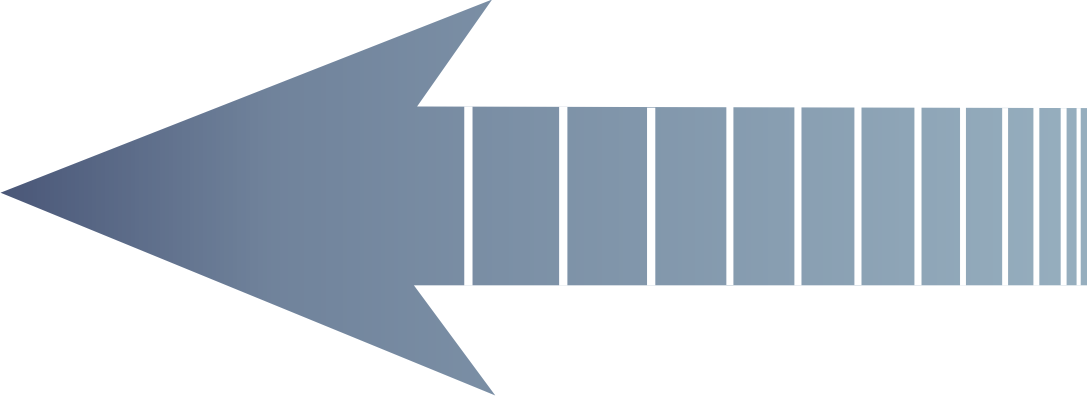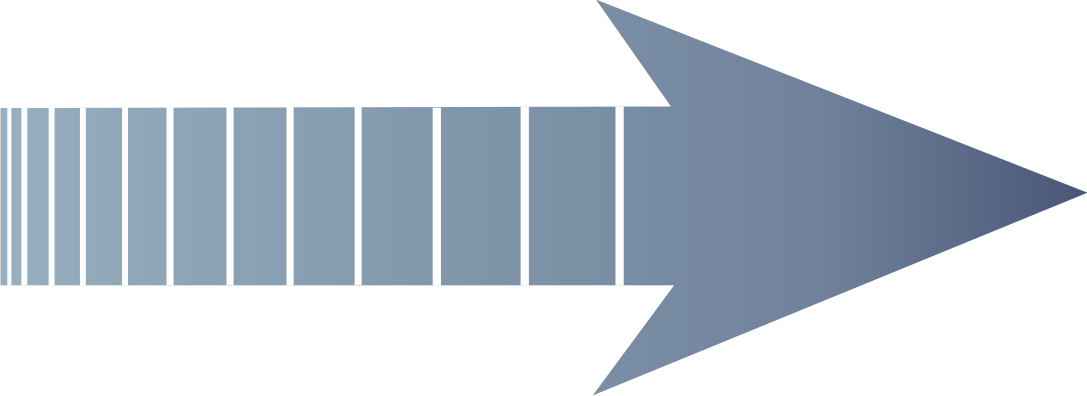Solution-Focused Therapy
Helping you find a better way
Solution focussed therapy
Solution focussed therapy is a short-term therapy that can be helpful for a variety of issues, including depression, anxiety, relationship problems, self-esteem, and coping with changes in life. It is useful for teenagers who experience behaviour- academic- or school related concerns. It can help children, teenagers, adults, couples, families, and groups.
Solving problems is part of our daily lives. Solution-focussed therapy is a goal oriented therapeutic approach. We focus on solutions rather than dwell on problems. Instead of being stuck in the past experiences, we focus on what you want a specific situation to look like and what practical can be done to get you there. We explore your strengths and resources to create and implement solutions to your problems.
We use specific type of questions to guide you towards identifying and working on solutions. These questions are asked in such a way to help you envision a future where your concerns, worries and anxieties have improved. Common types of questions used in solution-focussed therapy include:
Miracle Question
This question helps you to imagine a future where your problem is miraculously solved. It helps you to see the problem from the solution’s point of view, which can help you find new alternatives to solve the original problem. For example: “If a miracle happened tonight, and your problem was solved, what would be different tomorrow?”
Scaling Questions
You are asked to rate your progress on a scale from 0 to 10, with 0 being the worst the problem has ever been, and 10 being the best it could be. We then explore together what it would take to help you move up one point on the scale. These kinds of questions help you find small improvements that is not so overwhelming, but still propel you towards making effective changes in your way of doing things. For example: “If you rate the satisfaction of your life on a 4 today, what do you need to happen to make that 4 a 5?” or “If you rate controlling your anger at a 5 today, what do you need to happen to make that a 6?”
Exception-Seeking Questions
Clients are asked about time when the problem was less severe or absent. These kind of questions helps you identify instances when the problem is not so severe. It may also help you identify what you did differently and holds clues to what worked in the past.
Coping Questions
The questions help us explore how you are currently coping with the problem. It helps us identify what strengths or resources you are already using to manage it. The idea is to do more of what works and to change that which is not working. These kinds of questions helps you find the necessary resources to change things for the better.
Goal orientated questions
Only thinking about things keeps it an idea. We need to turn your ideas into action to make it effective. These questions focus on what you want to achieve and what steps you can take to get there. For example: “What will be different when you’ve achieved your goal?”
Solution-focussed therapy empower clients to discover their own solutions, building on their strengths and resources. It often yields practical and actionable steps for positive change. This therapeutic approach seems to naturally create a spontaneous feeling of moving forward, of being unstuck, of finding hope and inner motivation.
Learn more about Solution Focussed Therapy by visiting https://solutionfocused.net/what-is-solution-focused-therapy/
Click here to learn more about Cognitive Behaviour Therapy
Click here and learn more about Person-Centered Therapy

